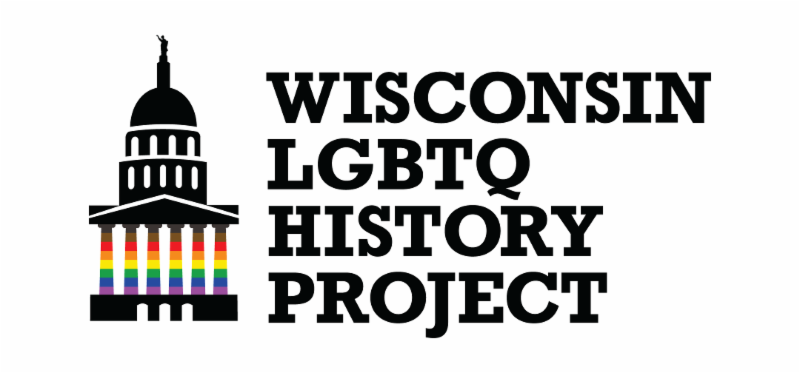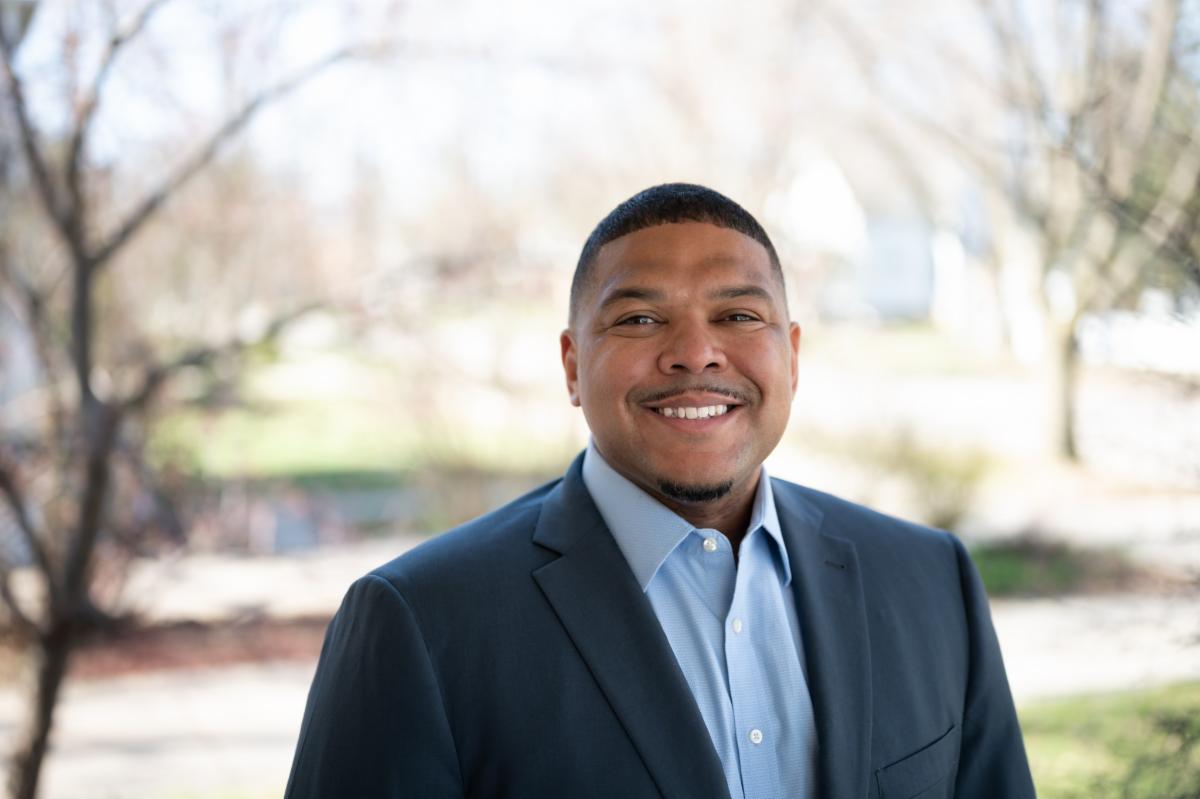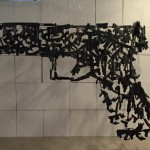Black Nite Remembrance Day illuminates the birthplace of local LGBTQ pride
August 5 events to celebrate historic 1961 uprising
Milwaukee, WI – With the unanimous support of the Milwaukee Common Council, the Milwaukee County Board of Supervisors, County Executive David Crowley and Milwaukee Mayor Tom Barrett, Thursday, August 5, 2021 has been proclaimed “Black Nite Remembrance Day” throughout Milwaukee County and the City of Milwaukee, honoring the first recorded LGBTQ uprising in Wisconsin history.
An additional proclamation, from Governor Tony Evers, is expected soon.
On Thursday night, the Hoan Bridge will be illuminated in pride colors from dusk until 2 a.m. to honor the unsung heroes of the Black Nite Brawl. All lighting costs will be covered by the Black Nite 60 fundraiser, hosted by the History Project and GoFundMe. (At press time, the fundraiser was 64% to goal.)
A previously published portion of this press release was removed.
About the Black Nite Brawl
On August 5, 1961, a young black transgender woman summoned the bravery, courage and righteousness to fight back against homophobic violence that invaded one of her community’s only safe spaces, the Black Nite (400 N. Plankinton Ave.) She knew her very existence was criminal, her actions could have extreme social and legal consequences, and she may even be killed. But Josie Carter did not run from a fight.
With violence on the doorstep, she beckoned to her community to stop running and start fighting back — inspiring something they’d never felt before — a sense of pride in themselves and each other. As they defended their space and themselves against a violent invasion, they felt part of a community for the first time.
“On the great game board of local LGBTQ history, all the dominoes lead back to the Black Nite,” said Schwamb. “Nothing was ever quite the same again after that night.”
The Black Nite Brawl, as it became known, triggered a timeline of massive cultural change in Milwaukee. News coverage of the Black Nite continued for over a week, revealing to isolated LGBTQ people that they were not alone in the world. As people found their community, they began to demand liberation. Some of the earliest gay rights activists, including Eldon Murray and Alyn Hess, cited the Black Nite Brawl as an early glimmer of hope and a spark of revolution. Enterprising business owners began to open more and more bars catering to LGBTQ people, including some of whom identified as LGBTQ themselves. By 1969, over three dozen gay bars had opened in Milwaukee.
The Black Nite was not one of them. The bar was forced to close, the block was deliberately demolished to disperse the gay neighborhood that had been thriving since 1949, the first generation inspired by these events was almost entirely lost to AIDS, and eventually, the Black Nite was remembered only by an ever-shrinking group of aging survivors. If not for the combined efforts of Dr. Brice Smith and the History Project, these events could have been forgotten entirely.
Josie passed away in 2014, never accepting or receiving any formal recognition for her pivotal role in changing Wisconsin LGBTQ history. She was survived by one son, and countless other “children” she’d informally adopted, coached and mentored over the years after their own families had rejected them due to their gender or sexual identities.
For more about the Black Nite Brawl, visit OnMilwaukee and National Public Radio.
About the Wisconsin LGBTQ History Project
The Wisconsin LGBTQ History Project began as a collaboration between PrideFest Milwaukee and the National Gay and Lesbian Archives to preserve and protect local LGBTQ history. Since 1995, the Project has grown from a humble table exhibit to the state’s largest collection of LGBTQ memories and memorabilia.
Today, we are an independent, self-funded, volunteer-operated not-for-profit whose mission is to reconnect Wisconsin with its often-hidden LGBTQ history and heritage. We offer free research, articles, presentations and walking tours. Our upcoming publication, The Golden Age of Milwaukee Drag (2021,) follows our 2016 release of LGBT Milwaukee. Sales from both projects are reinvested into the Wisconsin LGBTQ History Project.
NOTE: This press release was submitted to Urban Milwaukee and was not written by an Urban Milwaukee writer. While it is believed to be reliable, Urban Milwaukee does not guarantee its accuracy or completeness.
Mentioned in This Press Release
Recent Press Releases by Wisconsin LGBTQ History Project
State Representative Amaad Rivera-Wagner Joins Board of Directors
May 13th, 2025 by Wisconsin LGBTQ History ProjectWisconsin leader will guide nonprofit's next chapter of community service
Summer to Be Seen amplifies Wisconsin LGBTQ voices
May 12th, 2025 by Wisconsin LGBTQ History ProjectHistory Project tour celebrates hometown pride and statewide heritage






















